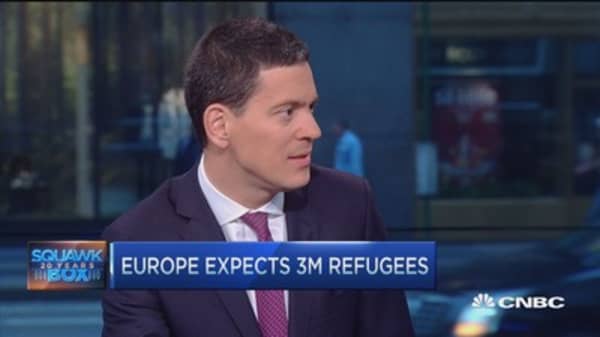With the involvement of Russian and now U.S. forces, the conflict in Syria has gained in complexity and relevance for investors. The shared goal to defeat ISIS will likely prevent a deterioration of the conflict for now, but it may not be sufficient to keep the interests of all parties aligned over the medium term. The risk of an escalation has increased, but the likelihood of a prolonged impact on global financial markets is still low, in our view.
Recently, the U.S. decided to deploy special operations troops to northern Syria to "train, advise and assist" rebel groups in their fight against ISIS. The deployment marks a relevant shift in the US policy as it looks to strengthen non-ISIS opposition forces, and put pressure on all parties to find a political resolution. Diplomatic talks have intensified in recent weeks, though reaching a peace agreement will prove difficult in the short-term with the future of President Bashar al-Assad remaining contentious. Russia, Iran, and various other groups support President al-Assad, whereas the U.S., several European countries, Turkey, and Saudi Arabia and its allies aim to replace his regime.





